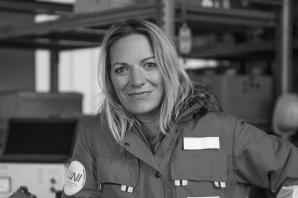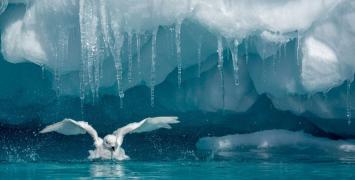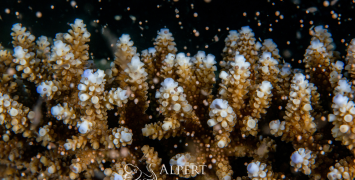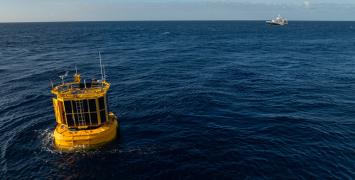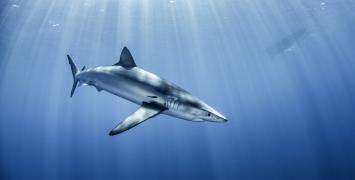Life in the deep – microbes of the abyss
The deep seafloor covers around 70% of our planet’s surface and is home to a diverse community of microorganisms, mostly bacteria. These single-cell life forms inhabit some of the most extreme places in the world, with freezing waters, permanent darkness, high pressure and little food. ERC grantee Antje Boetius studies these microbes in the abyss and their important role for the Earth’s nutrient cycles.
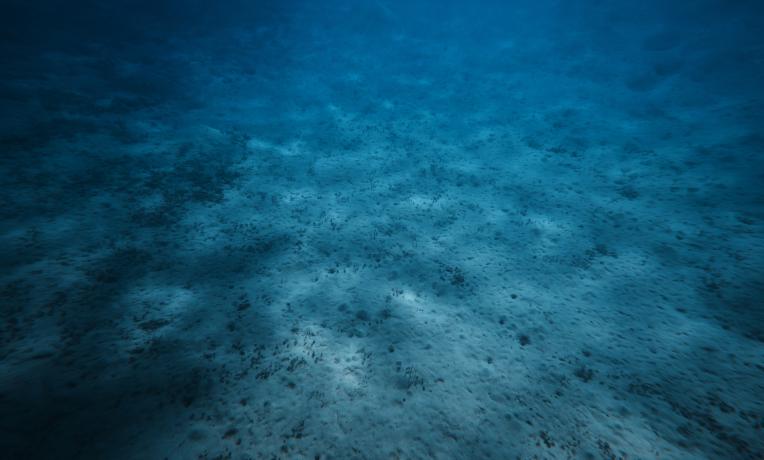
What’s it like at the deepest depths of our seas? From a human perspective not very friendly. Special adaptations are needed to live in this extreme environment without sunlight and hence without plants. An exception are bacteria that thrive on the deep seafloor with billions of organisms per millilitre sediment. Their role in global nutrient cycles is pivotal: they convert most of the organic matter that sinks to the bottom of the oceans back into nutrients that can be used by other organisms. Others fix CO2 and keep it in the deep ocean, removing carbon dioxide from the atmosphere on geological time scales.
Their functions in geochemical cycles are of great importance for other marine life and for our climate. Despite this, very little has been studied about what types of bacteria live in the depths of our oceans, how they make a living, and how they interact with each other and with other organisms in this remote ecosystem. Prof. Boetius and her team have completed the first global survey of abyssal bacteria, discovering thousands of species per tablespoon of sediment. They have identified what may be the most abundant microbes in the world’s deep ocean, and used state-of-the-art genomic techniques to elucidate their key functions and community roles.
Her work combined microbiology, ecology, biogeochemistry, and marine biology, in a discipline she likes to call “discovery-driven research”, to understand the diversity of this large and mysterious ecosystem. She pushed the boundaries of our knowledge, not only in terms of biology, but also in the development of new instruments for marine deep-sea exploration and sampling. How these organisms operate and will continue to operate under different environmental conditions is key to predicting realistic scenarios for the years to come, and to understand how our oceans will respond to climate change and other anthropogenic pressures.
Biography
Antje Boetius is the Director of Germany’s Alfred Wegener Institute, Helmholtz Center for Polar and Marine Research. She is Professor of Geomicrobiology at the University Bremen, and leader of a joint research group on Deep Sea Ecology and Technology of the Alfred Wegener Institute and the Max Planck Institute of Marine Microbiology. She is an expert in marine biogeochemistry, biological oceanography, deep-sea biology. She has lead or participated in 50 expeditions, working on polar seas, on chemosynthetic ecosystems and other extreme habitats of the ocean.

